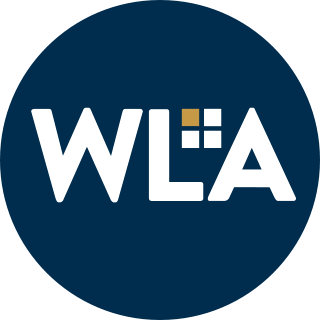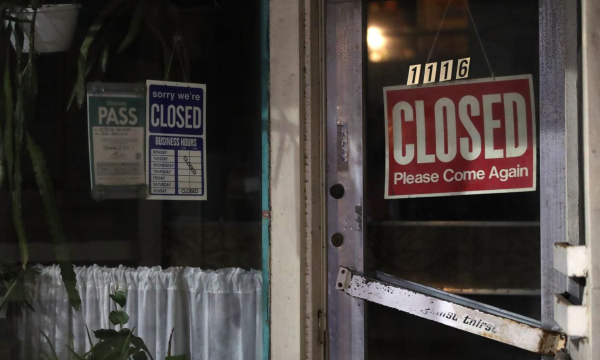Toronto predicts a budget shortfall of almost $1B this year from COVID-19. So why are property taxes only going up $22?
Toronto Star
January 19, 2021
By Matt Elliott, Contributing Columnist
The new functions coming to construction for equipment mathematics promise make life easier for owners and equipment managers. Sure, they’re reducing waste and lowering costs, but the real transformation on the horizon is one where advanced streams of data combine to create entirely new ways managing machines.
Big number: $22, the amount the average property tax bill will go up in Toronto’s 2021 budget to cover changes to operating expenses. At 0.7 per cent, it’s the lowest budgetary increase since Mayor John Tory was elected in 2014.
After a year of pandemic-related fiscal carnage and repeated requests from Mayor John Tory for federal and provincial bailouts, the bean counters at Toronto city hall have crunched the numbers and come up with how much more your city will be asking from you — the municipal taxpayer — to fund the operating budget in 2021.
They need 22 bucks.
That’s what the owners of the average home, assessed at about $699,000, will pay in increased property taxes this year according to the preliminary 2021 city operating budget. It’s a 0.7 per cent increase, which is the lowest budgetary increase of Tory’s tenure. It works out to about $1.83 more per household per month, and it will keep Toronto’s average property tax bill below most of its GTA neighbours.
To be clear, in addition to the $22, the average household will also see a charge on the property tax bill for a 1.5 per cent increase to the “City Building Fund” used for infrastructure, which will work out to about $47 more annually for the average-value house. But that increase was planned long before COVID-19, as part of a long-term strategy by Tory.
So as far as the pandemic goes, those 22 bucks are what the city has decided it needs from local taxpayers to cover its operating costs and revenue losses: the massive hit to TTC fares, the expanded shelter system to allow for physical distancing, the accelerated housing programs, and the extra enforcement of rules and bylaws.
When I got the mayor on the phone Friday, I asked him about it. Seriously, just $22? Could Toronto not reasonably ask for more? Doesn’t Toronto need more?
“I would love to have more money to do more things, but I don’t seek to raise taxes in a time of crisis, any more than absolutely necessary,” Tory told me, pointing to the commitment he made during his mayoral campaigns to keep property tax increases for residents at or below the rate of inflation.
‘I would love to have more money to do more things, but I don’t seek to raise taxes in a time of crisis, any more than absolutely necessary’
But if ever there was a reason to break a campaign promise, wouldn’t a pandemic qualify? As someone who feels darn lucky to own a house in Toronto that has increased in value by about a bazillion per cent over 10 years, I asked him why I shouldn’t be asked to kick in a bit more.
“There is a group of people, I will concede, because I’ve heard from them the entire six years that I’ve been here, that say, ‘I will pay more.’ And you count yourself among them. But there is a much larger group of people who say, ‘I just can’t’ and I think, if anything, their voice has increased, in terms of saying, ‘Right now I’m struggling,’” Tory said.
No doubt people are saying that, but concerns about taxing struggling seniors and low-income people are countered by longstanding city programs that offer relief from increases, and many tenants are shielded from hikes by rent controls, and a freeze on property taxes for apartment buildings.
The people who are feeling the pinch because of COVID-19, like restaurant owners, cab drivers and gig workers, are facing challenges that won’t be addressed by shaving a few bucks off an upcoming residential property tax bill. They need continued and immediate government support.
For everyone else, we’re talking about people who own rapidly appreciating assets here. Is $22 really their limit?
The city isn’t expecting to cover its pandemic shortfalls with those 22 bucks alone, of course. They also need more money from the federal and provincial governments. After getting almost $2 billion in funds so far, the city’s budget formally requests about $900 million more.
If that money doesn’t materialize, Tory says the city will have no choice but to cut back on capital maintenance and infrastructure spending.
I do hope Prime Minister Justin Trudeau and Premier Doug Ford show up with more cash. There’s a strong case for more — and permanent — funding for big cities like Toronto. But I worry that the mayor’s insistence on keeping property taxes low will imperil his negotiating position. Why would other governments continue to come to the rescue when the city isn’t taking full advantage of its own potential revenue sources?
Tory, to his credit, has built a good track record of securing funds in recent months. I won’t argue with success. But after Tory and council approve this budget in February, I will be watching for the next time the mayor claims the city doesn’t have the money to afford something important.
Going forward, it won’t be correct to say Toronto’s pandemic-era fiscal fortunes are beyond anyone’s control. The mayor is making a choice.


